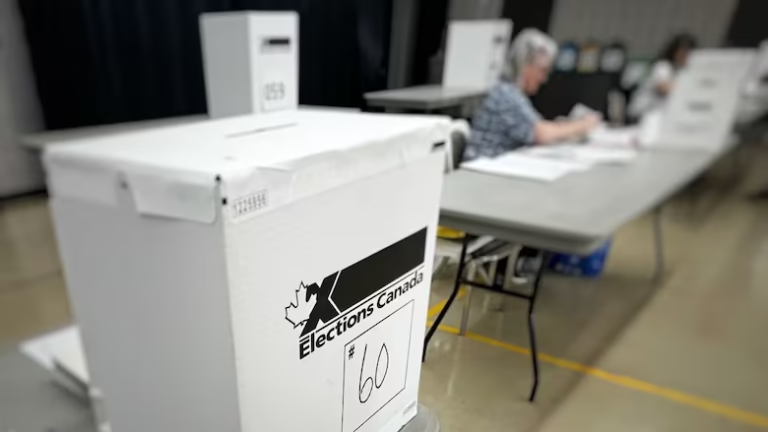Canada’s independent election watchdog reported a huge spike in public complaints during this year’s spring election campaign. The Commissioner of Canada Elections received over 16,000 complaints—more than seven times higher than the last vote in 2021.
This rise reflects growing public concern over how elections are conducted. According to preliminary data, past elections in 2021 and 2019 saw just under 1,800 and about 2,600 complaints respectively. This year’s count marks a dramatic increase.
Caroline Simard, the Commissioner of Canada Elections, stated in a press release that the high number of complaints shows voters are more aware of election rules and trust the agency to act on their concerns.
Even after adjusting for what officials call an “amplification phenomenon”—where a single issue can lead to thousands of similar complaints—the total number still more than doubled that of the last two federal elections combined.
Public concern around election integrity has grown in recent years. This is due in part to fears of foreign interference. The issue was the focus of a recent public inquiry led by Justice Marie-Josée Hogue. Her final report, released in January, highlighted the need for stronger safeguards in future campaigns.
Artificial intelligence also became a key issue in this year’s campaign. CBC News previously revealed an internal briefing prepared for Simard that labeled AI as a “high” risk factor. The note raised alarms about how AI-generated content could mislead voters or spread false information.
However, Simard said her office received fewer complaints than expected on both AI and foreign interference. In her recent statement, she explained that while such concerns were present, their overall impact appeared limited.
“While my office did receive complaints regarding allegations related to foreign interference, the use of artificial intelligence and disinformation, it was certainly not of the magnitude we anticipated in most cases,” she noted.
Based on current information, Simard confirmed there is no evidence that the outcome of the election was influenced or changed by these issues. However, the statement added that ongoing investigations may uncover more insights as the office continues reviewing the complaints.
Many of the complaints were outside the agency’s direct authority. Still, a large number dealt with election advertising. These included concerns about misleading content, improper disclosures, and ad spending violations.
Simard’s team has already closed more than 2,000 cases as of this week. The remaining complaints are under review, and final figures will be released in a full report once the analysis is complete.
Canada’s election laws are designed to protect fair democratic processes. The Commissioner of Canada Elections is responsible for enforcing these laws and handling reports of violations. This year’s surge in public reporting shows more Canadians are paying attention.
Increased awareness may be due in part to recent media coverage, political debate, and warnings from experts. Concerns over disinformation, foreign influence, and AI have all dominated headlines, sparking broader public discussions.
While the agency continues its investigation, officials stress the importance of public vigilance. Simard emphasized that citizens play a key role in protecting democratic integrity by reporting irregularities and staying informed.
As the digital landscape evolves, Canada’s election bodies are expected to update their tools and processes to keep up with emerging threats. These include the rise of deepfakes, bot-generated ads, and covert foreign influence campaigns.
The spring election’s record-breaking complaint numbers highlight a new era of public engagement. They also signal a clear demand for transparency, accountability, and trust in the democratic process.







